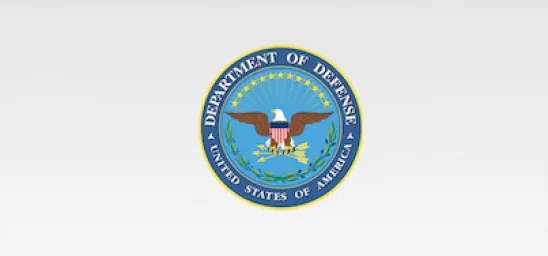The Department of Defense (DoD) will require contractors to disclose more information about their Independent Research & Development (IR&D) projects before the Government will reimburse IR&D costs, the Pentagon said in a proposed rule issued earlier this week. The proposed rule, which was previewed in an August 2015 white paper, is the latest sign that DoD is poised to overhaul the regulatory framework that applies to IR&D performed by defense contractors. Indeed, just last week, DoD issued yet another proposed rule that would change the way proposed IR&D projects are evaluated in DoD procurements.
A New (Old) Day For IR&D: Mandatory Technical Interchanges and DoD “Feedback”
If finalized, the proposed rule would require contractors to confer with the Pentagon regarding all IR&D projects initiated in FY2017 and later. These pre-IR&D exchanges would be “a prerequisite” to DoD’s subsequent reimbursement of the IR&D costs associated with the project. According to the proposed, before IR&D costs can be deemed “allowable,” major contractors will be required to engage in a “technical interchange” with a “DoD technical or operational employee.” Contractors will also be required to report to DoD: (i) the date of technical interchanges, and (ii) the name of the DoD employee(s) with whom such exchanges took place.
The stated purpose of the “technical interchange” is to ensure that “contractor plans and goals for IR&D projects benefit from the awareness of and feedback by a DoD employee who is informed of related ongoing and future potential interest opportunities.” The preamble of the proposed rule also represents that DoD is aiming to “provide industry with some feedback on the relevance of proposed and completed IR&D work.”
Although the proposed rule does not offer many details about how DoD’s technical exchanges will work, the concept of pre-IR&D disclosures harken back to the 1980’s-era Technical Evaluation Group (TEG) and the Tri-Service Negotiation Group, which together assessed the quality, reasonableness, and potential military relationship (PMR) of each IR&D project before the costs associated with a project could be considered allowable. Under that construct, the TEG was responsible for preparing a technical evaluation each IR&D project and for providing assistance to contracting officers in determining the PMR of each project, without which the costs would be disallowed. The stranglehold was loosened significantly in 1999, when contractors were given much greater autonomy in choosing their IR&D projects, while still subject to general DoD oversight. The proposed rule appears to be a move back to the past, with DoD collecting technical information and evaluating the quality of each project.
Comment, Comment, Comment!
Perhaps the most concerning aspect of DoD’s proposed rule is what it does not say. For example, the rule does not describe the process that would govern IR&D technical interchanges between DoD and contractors. DoD also has not defined the anticipated scope of the interchanges, including whether such exchanges will involve intensive reviews of technical details or will consist of relatively informal discussion. If DoD expects technical interchanges to more closely resemble the former, the defense-contracting community will likely raise significant questions (and with good reason) about the parameters and motivations underlying the proposed rule. Such questions may include:
-
Can a contractor can move forward with planned IR&D projects as soon as the review occurs, or must the contractor wait until DoD provides its “feedback”? If feedback is required before costs can be incurred, how long will DoD have to provide such feedback? What will happen if a contractor and DoD disagree about the “relevance” of the proposed IR&D work?
-
Will contractors with a mix of DoD and non-DoD contracts be required to calculate and track costs under multiple indirect rates in the event DoD objects to the “relevance” of a particular IR&D project?
-
Will DoD provide assurances that the information disclosed in technical interchanges will not be shared with contractors’ competitors? Does DoD intend to use this information to develop requirements for future DoD procurements in order to secure greater intellectual property rights than it would otherwise be entitled to?
-
Will the information disclosed in technical interchanges be protected from disclosure under the Freedom of Information Act (FOIA)?
These are only a few examples of some of the key questions contractors and other interested parties should consider posing to DoD. The potential significance of this proposed rule–and the substantial business and legal risks that could result from its implementation–cannot be overstated. And, as a result, it is in the best interest of contractors and the entire defense-contracting community to actively participate in the regulatory comment process. Written comments on the proposed rule are due on or before April 18, 2016.





 />i
/>i

